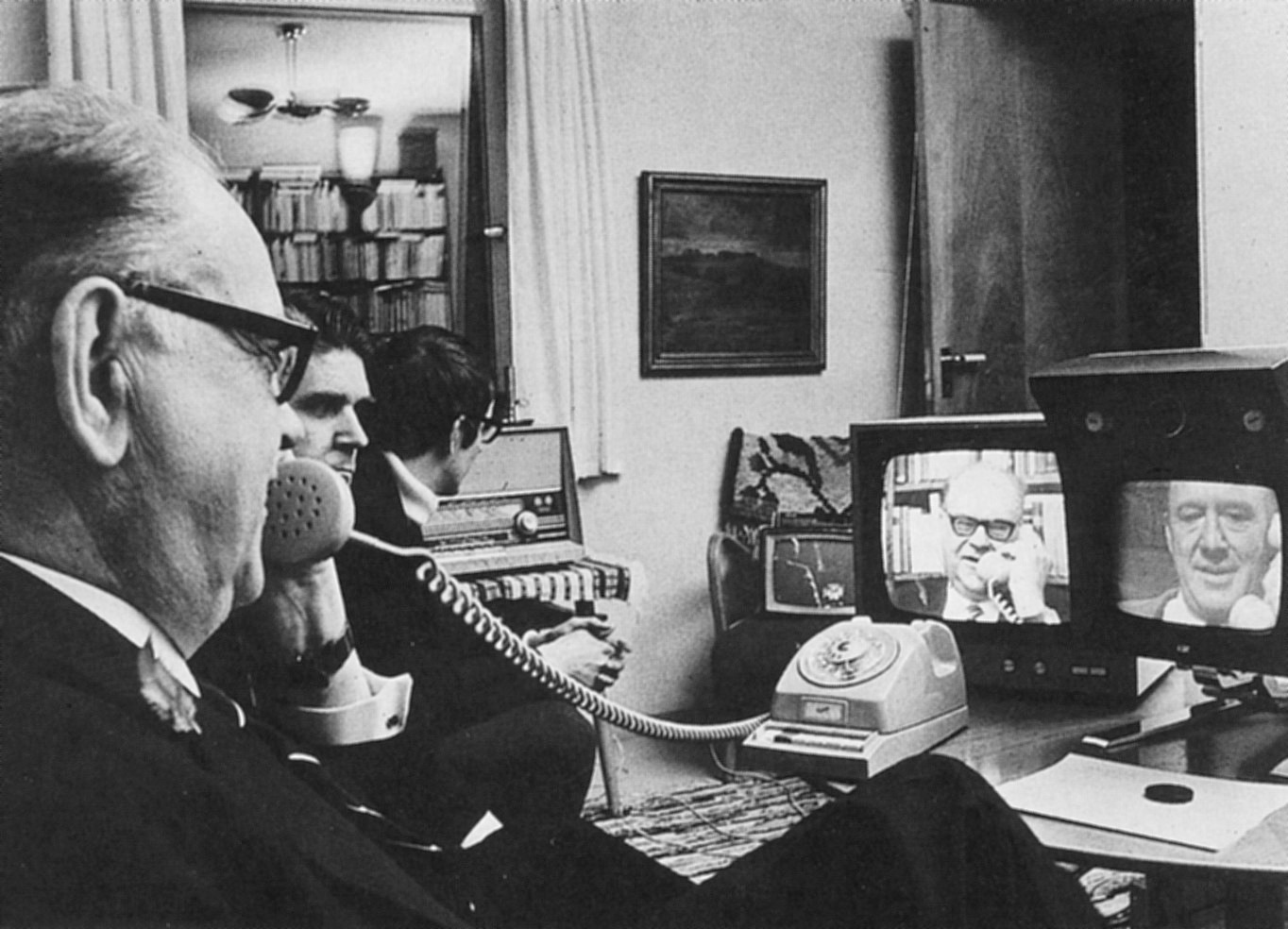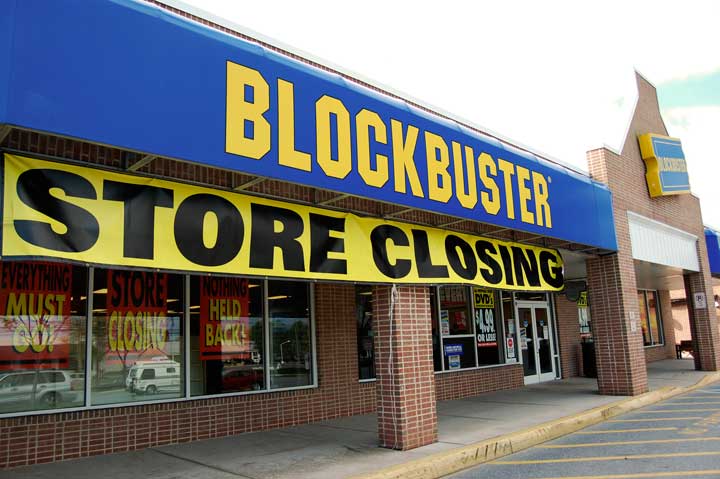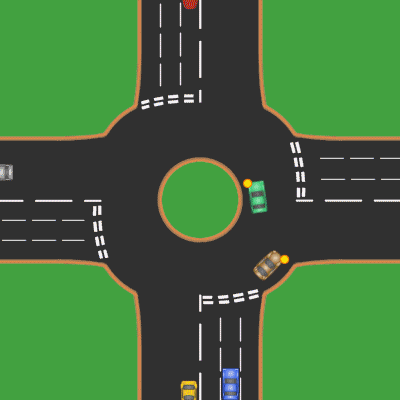From a Guardian article by John Naughton, a passage speculating on the recent gamesmanship of Google and Facebook, both of which aren’t merely interested in drones that deliver goods but ones that can deliver the Internet itself:
“The Google boys have decided that advanced robotics, machine-learning, distributed sensors and digital mapping are going to be the essential ingredients of a combinatorial future, and they are determined to be the dominant force in that.
As far as the high-altitude drones are concerned, Google and Facebook are on exactly the same wavelength. Since internet access in the industrialised world is now effectively a done deal, all of the future growth is going to come from the remaining 5 billion people on the planet who do not yet have a proper internet connection. Both companies have a vital interest in speeding up the process of getting those 5 billion souls online, for the simple reason that the more people who use the internet the greater their revenues will be. And they see high-altitude drones as the means to that profitable end.”





